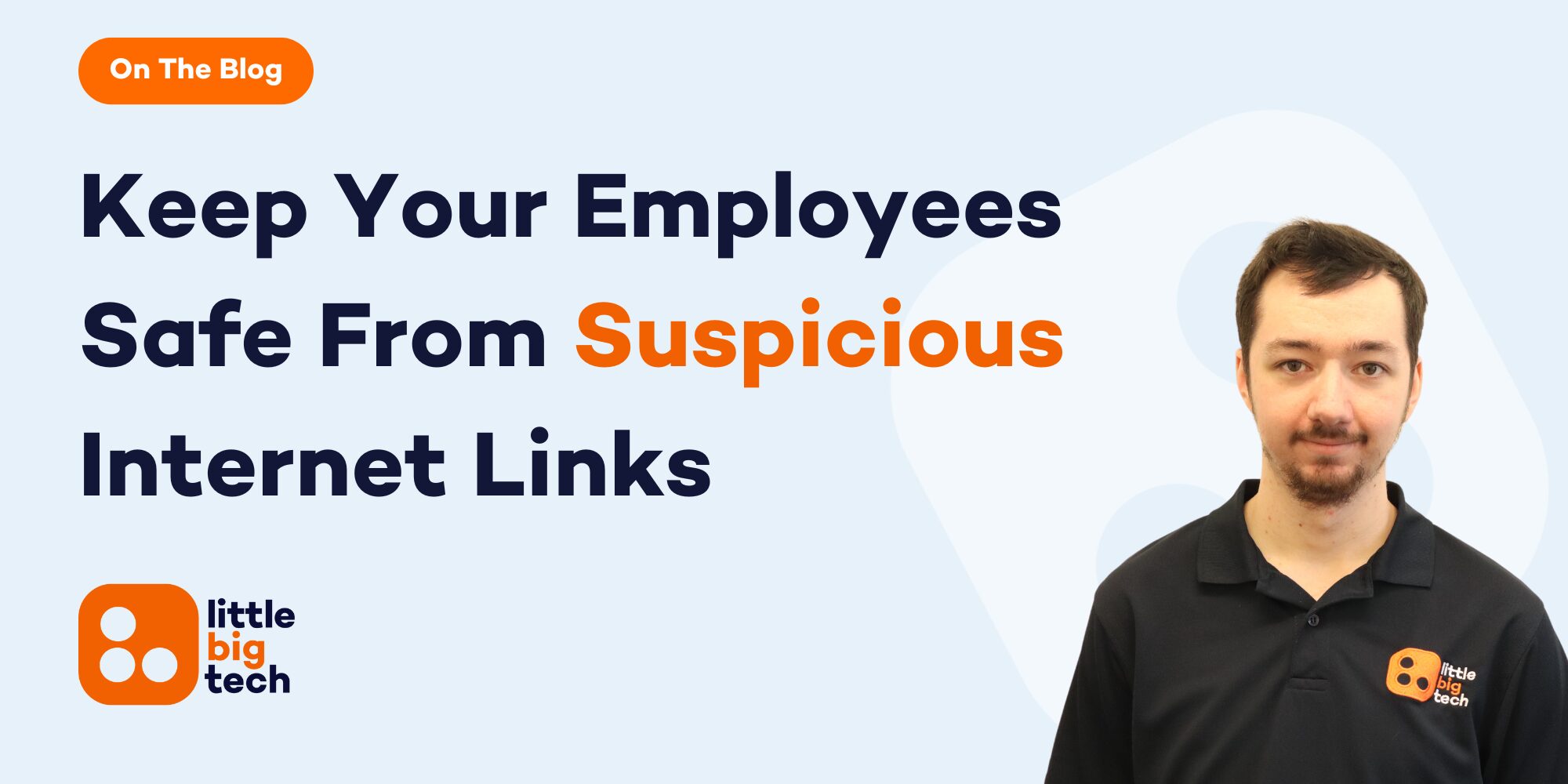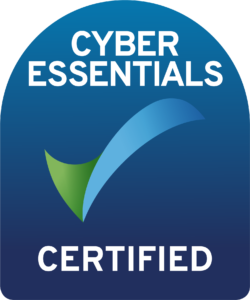Businesses are increasingly leveraging cloud computing to drive efficiency, scalability, and innovation. However, as the reliance on these technologies grows, so does the complexity of maintaining robust cloud security measures. Cloud security for organisations has therefore emerged as a critical concern for businesses, demanding a strategic approach to safeguard sensitive data and ensure compliance with regulatory standards. This blog delves into the essence of cloud security, outlining best practices for enterprises, ways to assess and enhance security posture, and addressing the challenges inherent in securing these environments.
What Is Cloud Security For Organisations And Why Is It Important?
Cloud security refers to the policies, controls, procedures, and technologies that protect cloud-based systems. For businesses, cybersecurity is not just a technical necessity, it’s essential for the protection of the entire business. As organisations transition more of their operations and data storage to the cloud, they expose themselves to new vulnerabilities and threats, including data breaches, unauthorised access, and loss of data integrity. Moreover, with regulations like GDPR imposing strict penalties for data mismanagement, businesses must prioritise cloud security to protect their interests and maintain customer trust.

Fundamental Best Practices For Cloud Security In Enterprises
To navigate this security landscape effectively, enterprises should adopt a comprehensive strategy encompassing several key practices:
- Data Encryption: Encrypting data at rest and in transit ensures that sensitive information remains unreadable to unauthorised users, providing a critical layer of protection.
- Access Management: Implementing strict access controls and identity and access management policies helps limit access to these resources based on user roles and responsibilities.
- Regular Security Assessments: Continuous monitoring and regular security assessments of cloud security for organisations can identify vulnerabilities early, allowing for prompt remediation.
- Multi-factor Authentication: MFA adds an additional layer of security by requiring users to provide two or more verification factors to gain access to the security resources.
- Employee Training: Educating employees about cloud security best practices and potential threats like phishing attacks is essential for reinforcing an enterprise’s security posture.
Assessing And Enhancing Cloud Security Posture
Enterprises must regularly assess their cloud security posture to identify gaps and opportunities for enhancement. This process involves:
- Conducting Comprehensive Security Audits: Regular audits of these cloud environments can reveal vulnerabilities and compliance issues, guiding targeted improvements.
- Leveraging Cloud Security Tools: Utilising advanced security tools provided by managed IT providers, like PC Help IT, can automate threat detection and response.
- Collaborating with Cloud Providers: Enterprises should actively engage with their cloud service providers to understand the shared responsibility model and ensure that provider-led security measures align with their needs.
By continuously monitoring and adjusting their security strategies, enterprises can stay ahead of emerging threats and safeguard their cloud environments effectively.
Overcoming Challenges In Cloud Security Maintenance
Despite best efforts, enterprises often encounter challenges in maintaining cloud security, including:
- Complexity of Cloud Environments: The complexity of managing multi-cloud or hybrid cloud environments can obscure visibility and control, increasing risks.
- Evolving Threat Landscape: Keeping up to date with the rapid evolution of cyber threats requires constant vigilance and adaptability.
- Compliance Management: Ensuring ongoing compliance with an ever changing regulatory landscape is a persistent challenge for enterprises.
To address these challenges, enterprises should consider adopting a unified cloud security management platform that offers centralised visibility and control across all cloud services. Additionally, partnering with cybersecurity experts like PC Help IT can provide the specialised knowledge and support necessary to navigate the complexities of the security. PC Help IT’s expertise in cloud solutions and IT support services ensures that enterprises can access the guidance and tools they need to strengthen their cloud protective measures.
As businesses continue to embrace this concept of computing, the importance of cloud security for organisations cannot be overstated. By understanding the fundamentals of cloud security, adhering to best practices, regularly assessing their security posture, and navigating the challenges of the security maintenance, businesses like yours can protect their assets and data in the cloud. Partnering with experienced IT support providers can further enhance an enterprise’s ability to secure its cloud environments, enabling businesses to reap the benefits of this type of computing while mitigating its risks. In the dynamic world of cloud technology, staying informed, prepared, and proactive about the security measures in this space is essential for any enterprise aiming to thrive in 2024 and beyond.
So contact us today and see what IT support package suits your business best!










